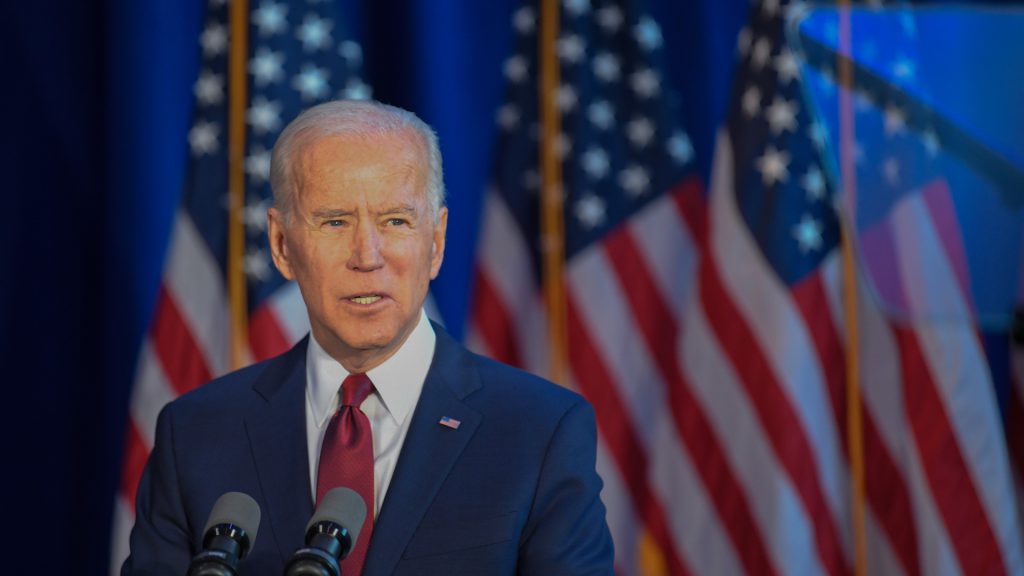
Published October 29, 2021
As negotiations over the trillion-dollar-plus reconciliation package enter their final stages, Congress still has much to agree on what sort of investments to make in child tax credits, child care subsidies, universal prekindergarten and other forms of social spending.
But in determining what should or should not be included in the Build Back Better plan, those in charge of the process should have a version of the Hippocratic oath in mind – “First, do no harm.” Unfortunately, the deal proposed on Thursday by the Biden administration would do real harm to low-income couples, penalizing them for getting married relative to staying single or cohabiting.
Marriage penalties are endemic in our tax code and social welfare programs, meaning that low-income or working-class married couples receive fewer benefits than a similar-situated couple who choose not to marry.
Unfortunately, the Biden administration’s proposed reconciliation package would alter the earned income tax credit to add substantial penalties to tying the knot for working-class couples.
Click here to read the rest of this piece at USA Today‘s website (paywall).
Brad Wilcox (@BradWilcoxIFS) is director of the National Marriage Project at the University of Virginia and a visiting scholar at the American Enterprise Institute. Patrick T. Brown (@PTBwrites) is a fellow at the Ethics and Public Policy Center.
Patrick T. Brown is a fellow at the Ethics and Public Policy Center, where his work with the Life and Family Initiative focuses on developing a robust pro-family economic agenda and supporting families as the cornerstone of a healthy and flourishing society.








